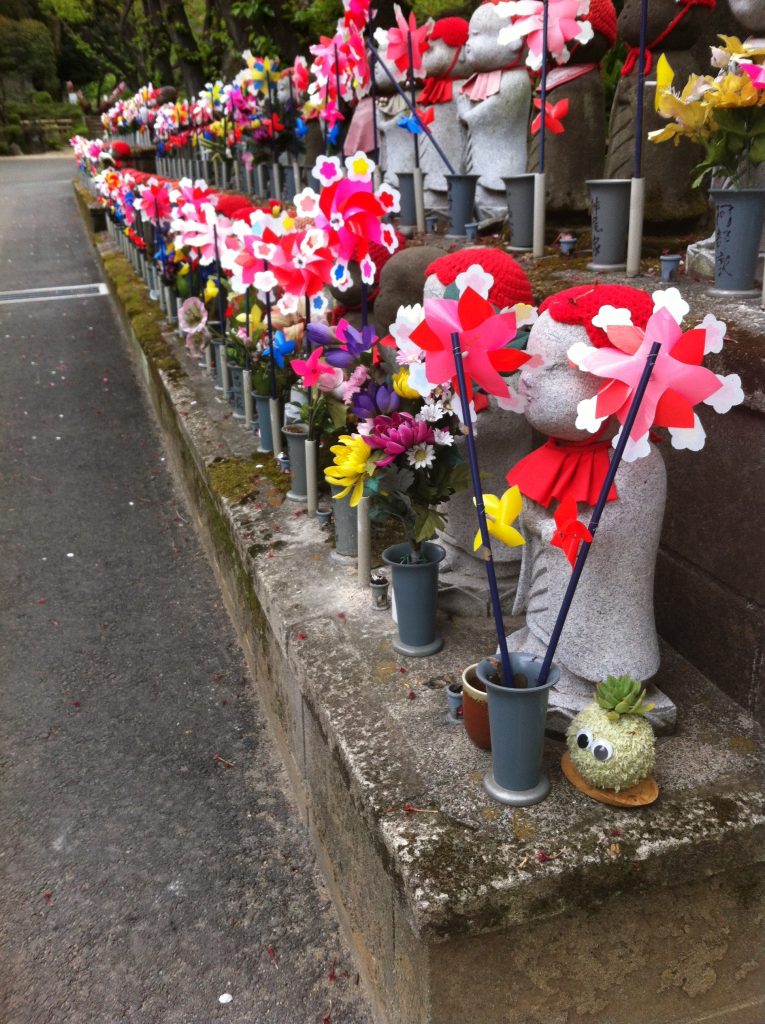Things I Learned Working in an Abortion Clinic
Recently I was coaching a client who is seriously considering not only a job change, but a career change too. She wanted to explore being a dance teacher or a child psychologist, but worried that “I’ve been an engineer all my life, I don’t know how to do anything else!” This led to a conversation not only about skilling up in new technical arenas, but also about transferrable skills she already has. I suggested that maybe her next question isn’t so much, “Is it possible to be fulfilled being an engineer?” or “Isn’t it too late to become something else?” but more, “What skills and interests do I already enjoy that I might use in a different arena?”
I’m currently in my third career, and this conversation prompted me to think about jobs I’ve held in other fields, and how they brought me to my current one. When you are building your career, it’s not always obvious how one job brings you to the next, but looking back can clarify your career arc–and possibly suggest next steps into new territory.
My first job out of college was working as a counselor in an abortion clinic, and later, as an abortion provider. At the time, I had two major interests: feminism and healthcare, so this was an obvious intersection. In order to provide safe abortions, there were both technical skills and medical information to master. What I didn’t expect–and what ended up being foundational for all my future jobs–was that I needed to build a way of being, of presence to do the job well.
A key skill for this job (and I would argue, for most jobs) is to be an attentive, nonjudgmental listener. Very often, because of the stigma connected to abortion, many women had not told ANYONE that they were pregnant, much less having an abortion. To be able to sit with women as they told the story of what brought them to the clinic, and to have empathy and respect for them was critical.
I didn’t arrive at the job that way, I had to learn it. If I communicated the slightest judgement, even nonverbally, the woman would withdraw and rapport would be lost–and I can only imagine how much more difficult that made her abortion experience. Early on, I resolved to cultivate a genuine ability to listen, to be curious rather than judgmental, to build rapport, and to provide support.
And because I heard hundreds of stories, I arrived at the conclusion that stories matter, and everyone has one. I also learned that people might be harboring secrets that you would never suspect, and, that most everyone is carrying something heavy. This has caused me to feel more grateful for my own circumstances, and to treat people with a bit more grace and leeway.
Another critical skill was to fiercely guard confidentiality. There is simply no place for gossip or speculation in an abortion clinic, and believe me, people outside the clinic were always hoping I would tell them who had been in for a procedure. Those who can hear and hold other people’s private stories without divulging them are rare. I vowed to become one.
Although empathy was important to our patients, it would be easy to become overwhelmed by their often difficult situations, their inner dilemmas, and their emotions. I had to learn how to witness and support without identifying too heavily, and without becoming emotional myself. I could not tell you how I actually achieved this, other than to say that I learned over time to hold my personal heart a bit away from their stories. This has morphed into an ability to be in intense emotional situations without being swept away by them. I’ve become good at anchoring individuals and groups when things get stormy.
Speaking of stormy: we had picketers outside the clinic. And on two occasions I can recall, picketers had unplanned pregnancies and came inside for abortion services. What I learned from this is that not everyone is able to think in the abstract about abortion (and many other topics.) They have to learn by actually being faced with the dilemma. Part of me used to be seriously annoyed and judgy about this, but the truth is that we all have limits to our imaginations and our ideas of what we would do in challenging circumstances. I’ve learned to accept this and try to meet people where they are.
So, back to my coaching client who fears she only knows how to do one thing. Although she has a narrow technical skill set, she actually knows a lot about a lot–and I’d wager she could apply that knowledge to any number of new endeavors.
I haven’t worked in an abortion clinic for decades, but the skills I learned there have come with me through every phase of my working life since.
I think we all know more than we think.
If I were to ask you what skills and tools you already have that you really enjoy using, what would you say?


1 comment so far